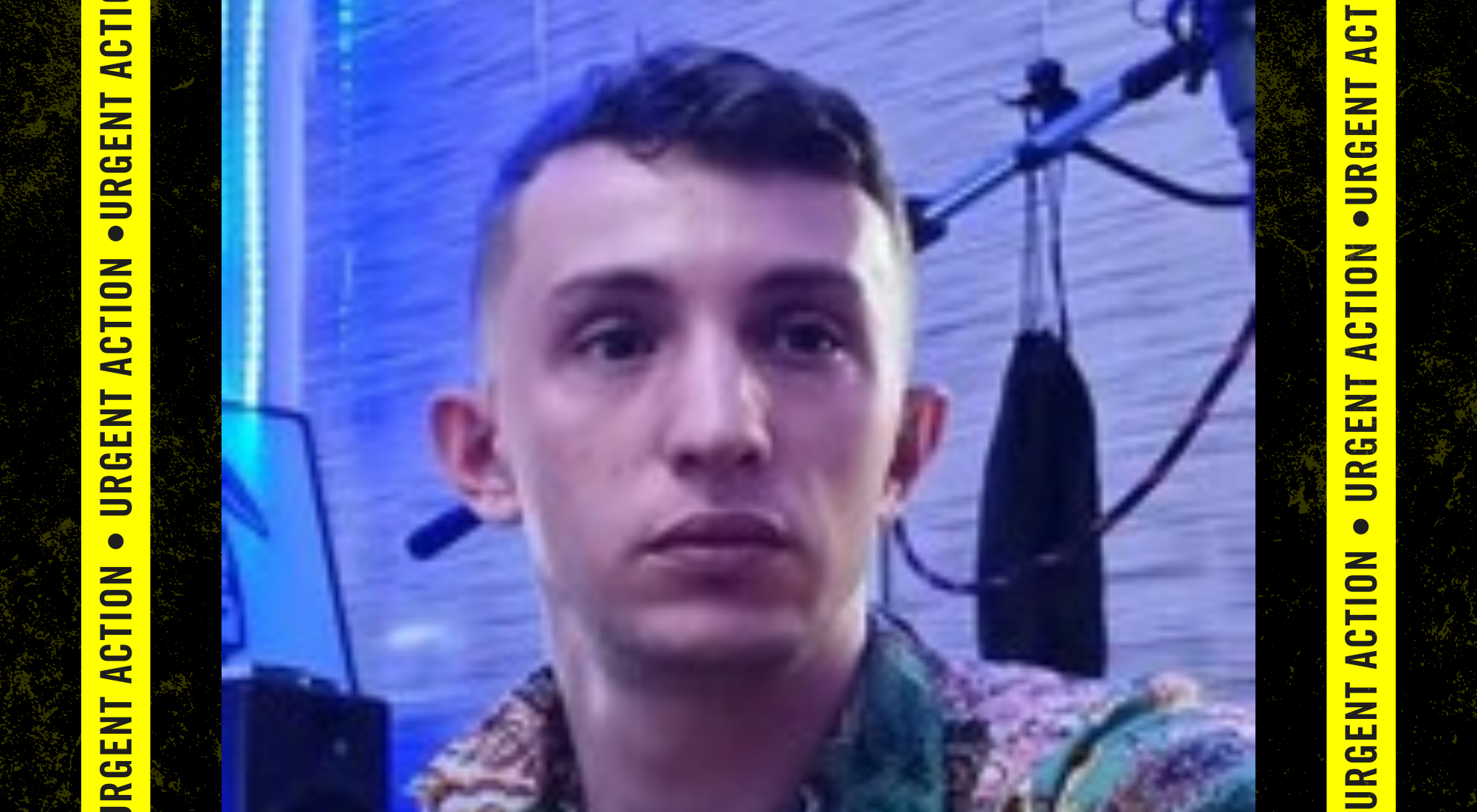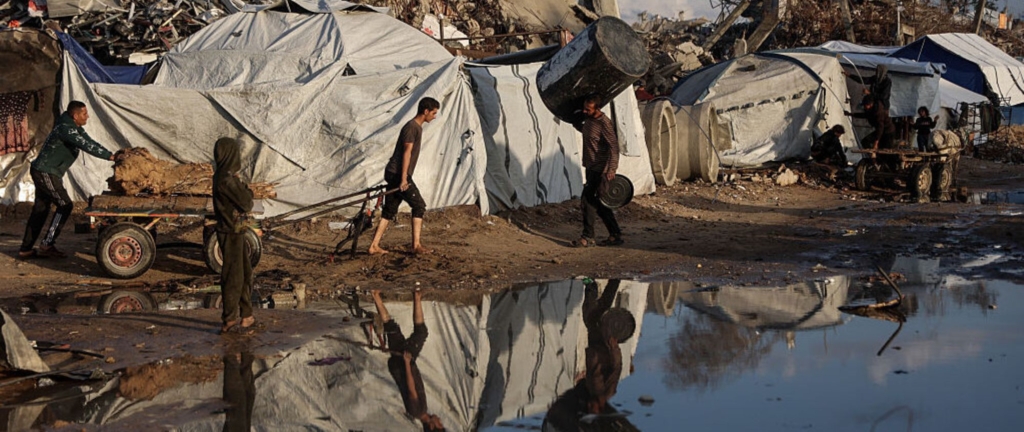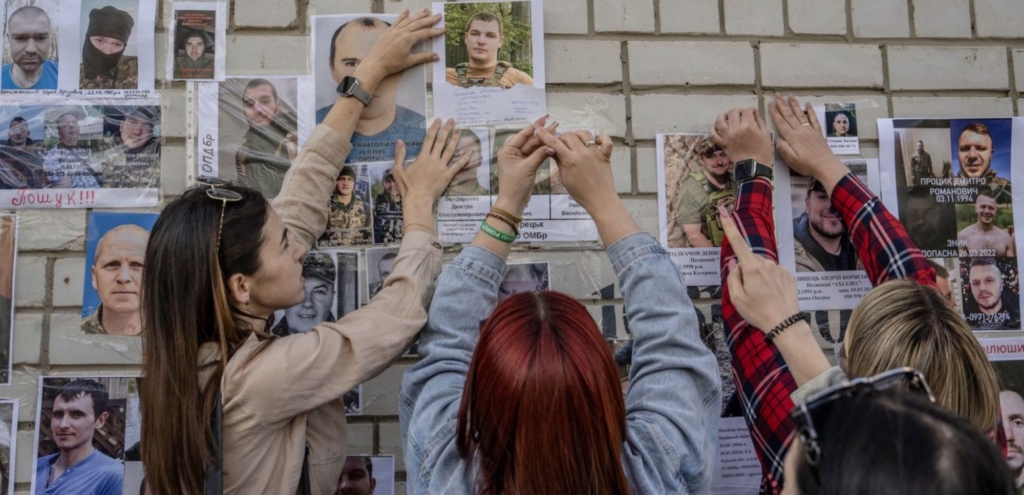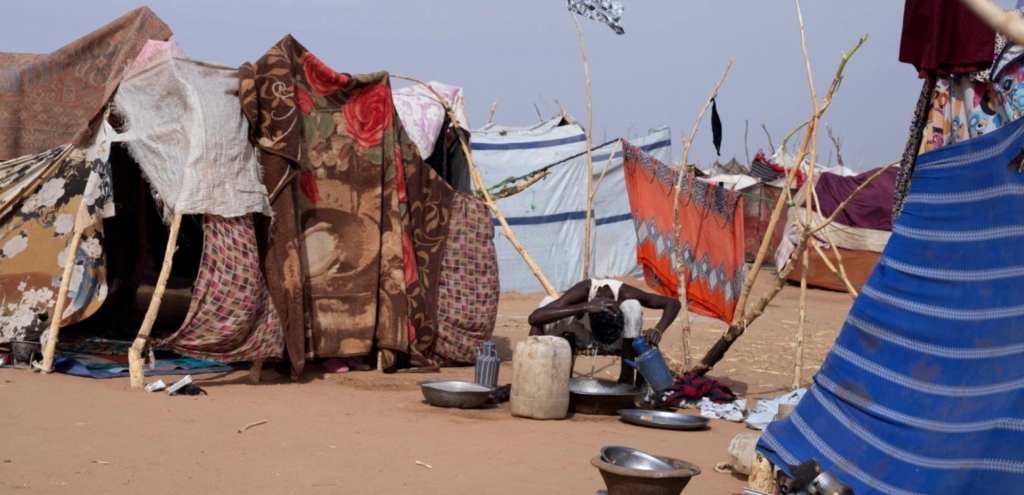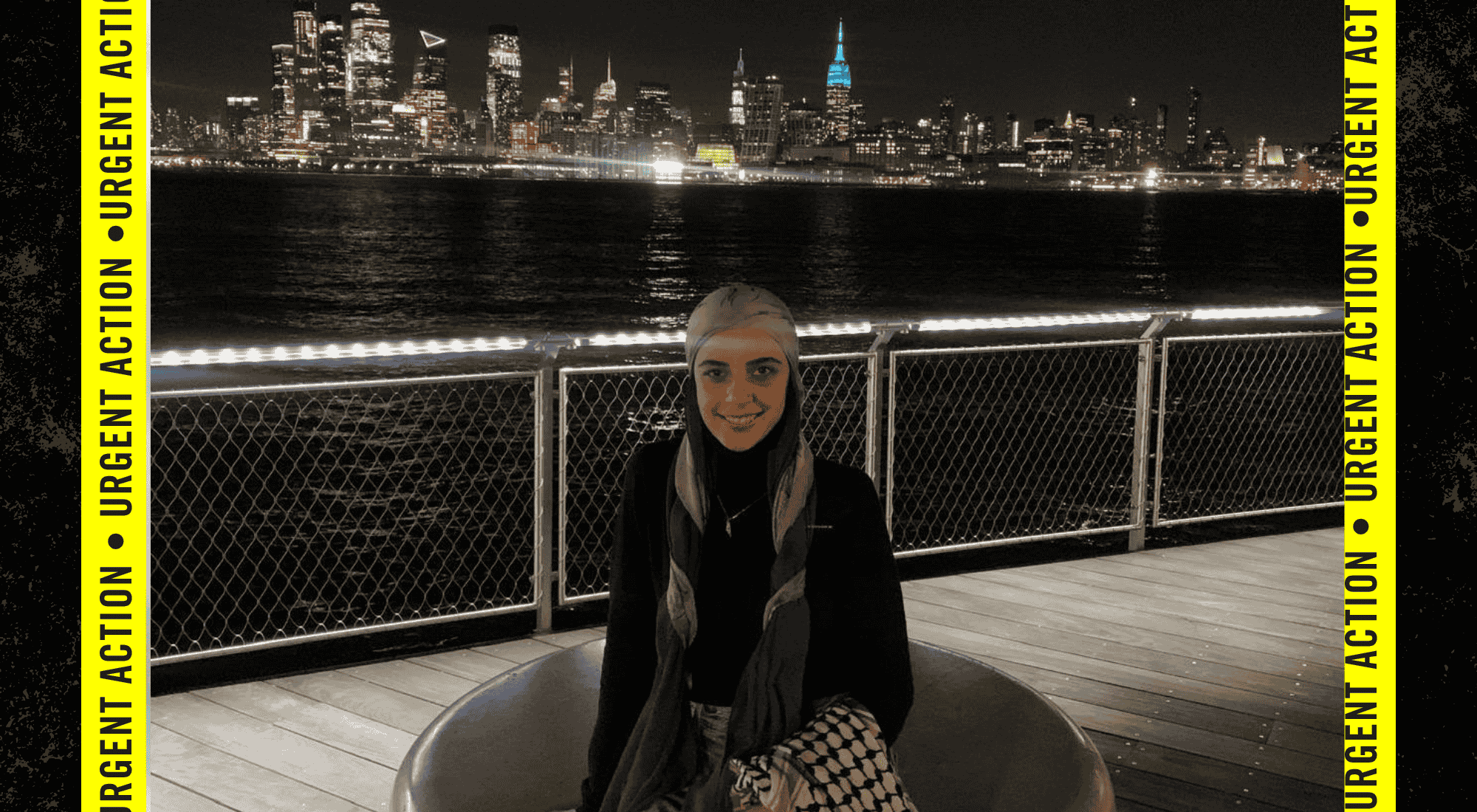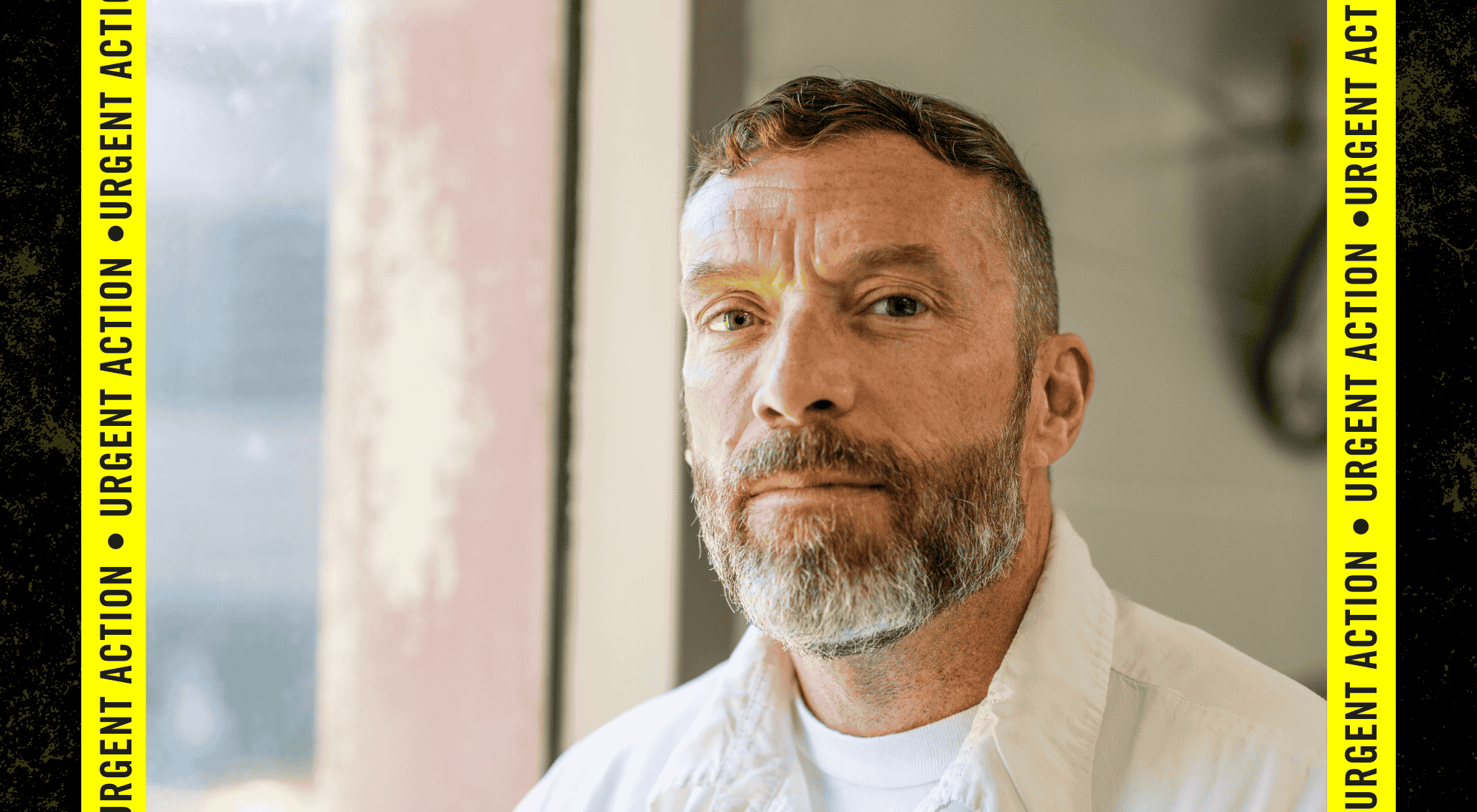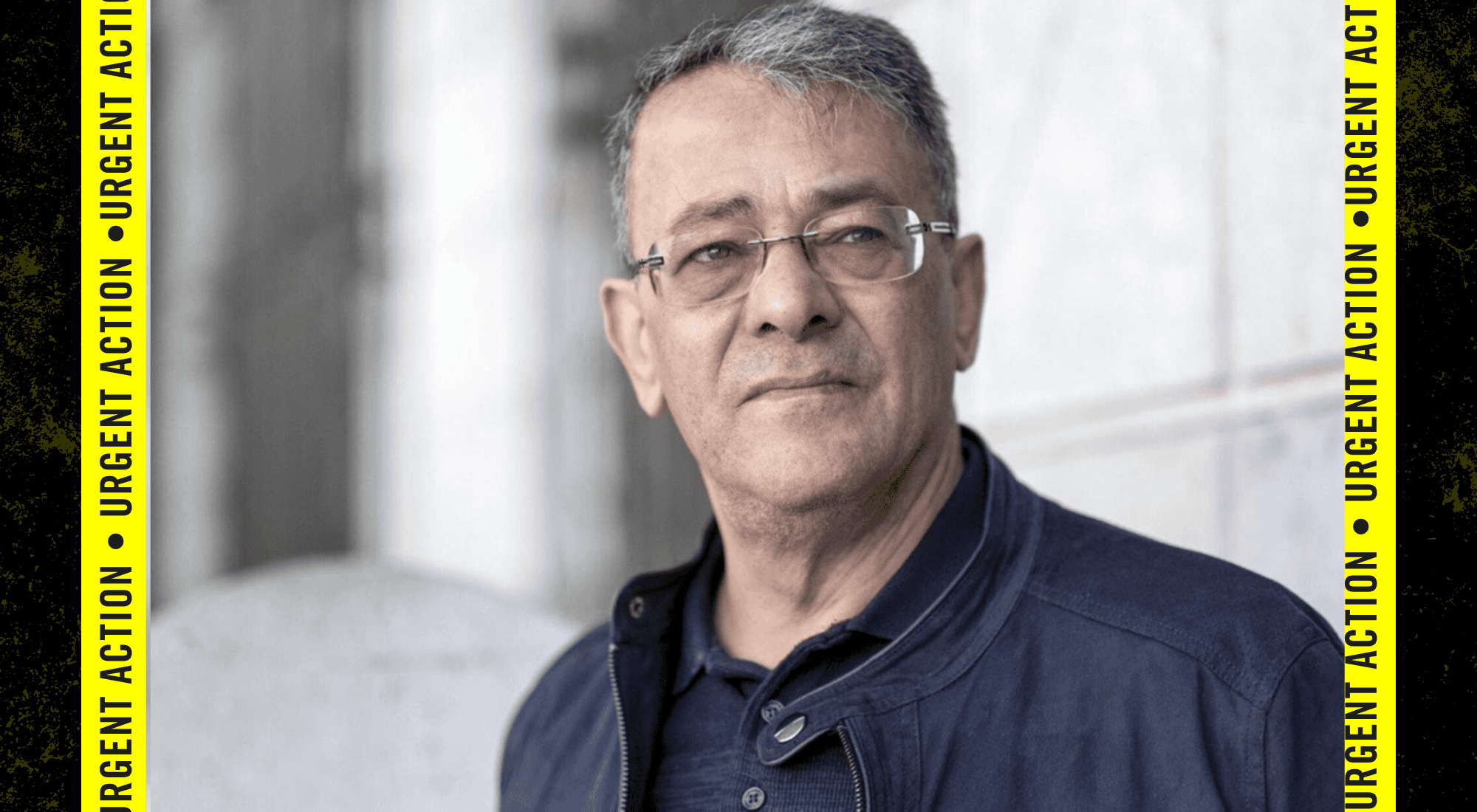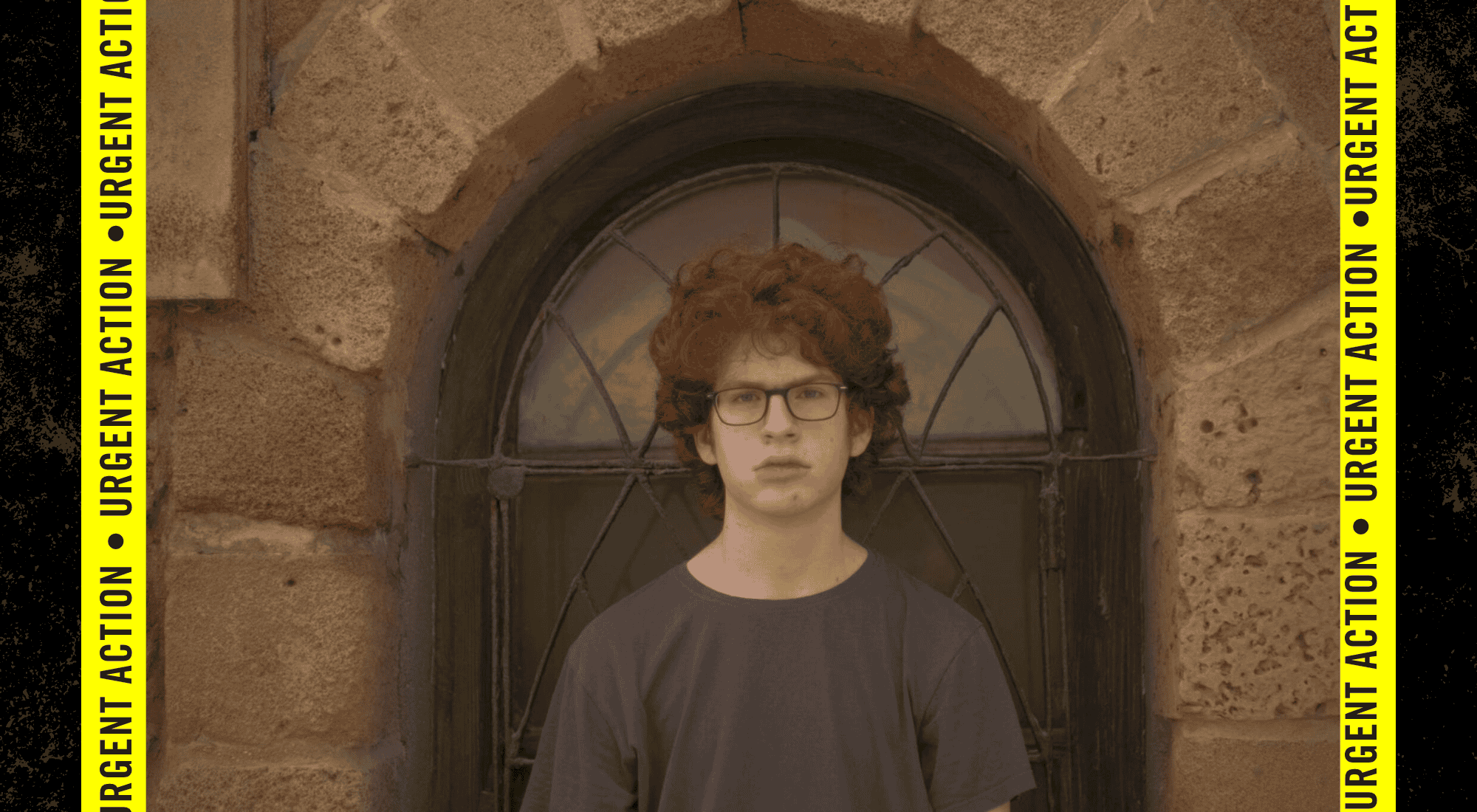Second update: On May 8, the Algiers court unexpectedly postponed the verdict in the case to May 22.
As we await the new verdict date, please continue your efforts to campaign, amplify our calls, and use every opportunity to raise visibility and support for the case.
Thank you for your support so far in the case of Algerian activist and poet Mohamed Tadjadit. As his verdict is scheduled for 8 May, your continued activism is crucial. Please keep campaigning by sending letters and emails to the Algerian authorities, calling for his immediate and unconditional release, the dropping of all charges related to his peaceful activism, and for the authorities to uphold fair trial standards and due process.
On January 20, 2025, just four days after his arrest, a court in Algiers sentenced Mohamed to five years in prison. The trial was rushed, raising serious concerns about whether he received a fair hearing.
Mohamed was convicted on vague charges linked to his social media posts and messages. He had peacefully criticized Algeria’s political and economic situation.
This is not the first time Mohamed has been targeted. Since 2019, the Algerian government has repeatedly punished him for his peaceful activism and for speaking out.
Mohamed Tadjadit should not spend one more day behind bars for expressing his views. Authorities must overturn his sentence, release him immediately and unconditionally, and drop all charges tied to his peaceful criticism. Peaceful activism is not a crime.
Here’s what you can do:
Write to the President of the Republic of Algeria urging him to:
- Immediately and unconditionally release Mohamed Tadjadit.
- Quash his conviction and sentence.
- Drop all other charges against him related to his peaceful expression.
- Stop misusing the criminal justice system to target him, and other activists and artists.
Write to:
President of the Republic of Algeria
Abdelmadjid Tebboune
Presidence de la republique
Place Mohammed Seddik Benyahiya, El Mouradia,
Alger 16000 Algérie; Fax: +213 021691595
Email: President@el-mouradia.dz
Salutation: Your Excellency:
And copy:
Mr. Noureddine Sidi Abed
Ambassador
Embassy of the People’s Democratic Republic of Algeria
500 Wilbrod StreetOttawa, ON K1N 6N2
Tel: (613) 789-8505; -0282 Fax: (613) 789-1406
Email: info@embassyalgeria.ca
Sentenced for a hashtag and a poem
On January 20, 2025, a court in Rouiba, Algiers, sentenced activist and poet Mohamed Tadjadit to five years in prison and a fine of DZD 200,000 (about EUR 1,342). The court used an expedited trial process that denied him a fair chance to defend himself.
Mohamed, 31, is widely known as the “poet of the Hirak” for his political poetry and activism. He was convicted solely for expressing his views on Facebook and TikTok, and for communicating online with other activists. The charges were based on his use of the hashtag “#Manich_Radi” (“I am not satisfied”)—part of a social media campaign launched by Hirak activists in December 2024. Authorities also targeted him for poems that exposed injustice and demanded change.
He is currently being held at El Harrach prison in Algiers. His appeal hearing, after several delays, is now scheduled for April 17, 2025.
Vague laws used to silence dissent
The Rouiba court convicted Mohamed under vague and overly broad articles of Algeria’s Penal Code. He was found guilty of:
- “Undermining national unity” (Article 79)
- “Publishing content harmful to national interest” (Article 96)
- “Inciting unarmed gatherings” (Article 100)
- “Offending public bodies” (Article 146)
These charges do not meet international legal standards and do not represent real criminal offenses under international law.
Prosecutors accused Mohamed of sharing content that they claimed incited public disorder and mistrust in public institutions. They even alleged that his content was exploited by foreign sources—specifically Moroccan and Israeli media—to harm Algeria’s image. Authorities pointed to videos where Mohamed recited poems, criticized government decisions, defended free speech, and called for a “civil, not military, state” as proof of wrongdoing.
A pattern of harassment and repression
Mohamed’s case is not isolated. Between 2019 and 2024, he was detained and prosecuted in at least six other cases—all tied to his peaceful activism and use of free expression. He has publicly said that he lives under constant police surveillance and harassment.
In one ongoing case, he faces baseless terrorism-related charges. He was held in pre-trial detention for nine months between January and November 2024. He was released on November 1, 2024, as part of a broader presidential pardon, which freed at least 23 imprisoned activists and journalists. His imprisonment has drawn international concern. On January 23, 2025, the European Parliament passed a resolution calling for his release.
Since the Hirak movement began in 2019, Algerian authorities have responded with a harsh crackdown. Peaceful protesters, journalists, and ordinary citizens who speak out are routinely arrested, detained, and convicted. In recent years, vague terrorism laws have become a common weapon used to silence dissent and human rights activism.
Please take action as soon as possible until October 14, 2025. The UA will be duly updated should there be the need for further action.












